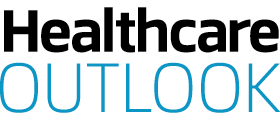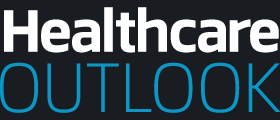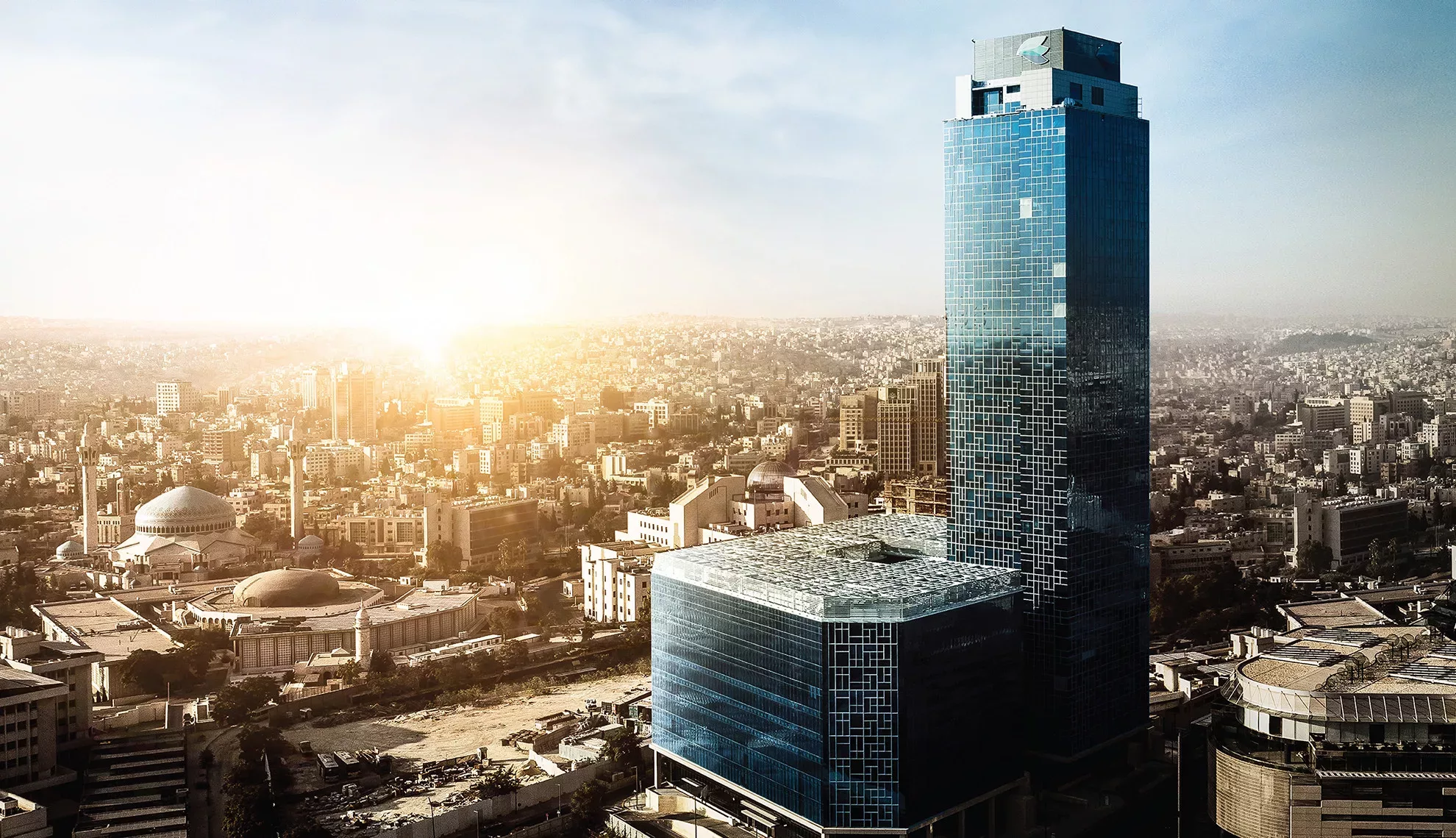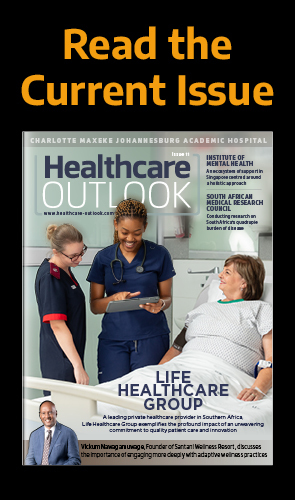Abdali Hospital is pioneering higher standards in the region’s healthcare industry, the multi-specialty hospital in Amman delivering quality care to local patients and medical tourists alike.
REINVIGORATING MEDICAL TOURISM
Jordan’s healthcare system has a track record of providing a high standard of quality. Many hospitals are accredited by the Joint Commission International, the leading international healthcare quality accreditation organisation, as well as by the Health Care Accreditation Council, which is Jordan’s national equivalent.
“At a time when infection control protocols and broader quality standards are more important than ever before, we are very well positioned to stand out on this front.”
For Ahmad Abu Ghazaleh, the Jordanian medical sector has never been more relevant.
Not only is the country (and the world) coming to grips with the coronavirus pandemic, once the crisis has passed the nation’s medical profession will return to safeguarding the general health of its people, as well as delivering sizeable economic contributions from medical tourism.
“The sector is fuelled by a solid medical and nursing education system, a supportive public policy and the availability of a strong private network of hospitals, laboratories and pharmaceutical companies that include global players,” Abu Ghazaleh continues.
“Not only this, the country is also strong in telehealth to the general public in Jordan and the region. Regarding regional medical tourism, language, distance and cultural affinity are major advantages.”
In short, Jordan’s medical sector has a lot to be optimistic about when it returns to normality post-COVID-19.
Abu Ghazaleh is the Vice Chairman of Amman-based Abdali Hospital, a state-of-the-art private medical centre delivering a multitude of treatments and services across a vast range of specialties.
Opening its doors in 2019, Abdali Hospital was founded by the Abu Ghazaleh family, who were also founders of the Clemenceau Medical Center (CMC) based in Beirut, the leading private hospital in Lebanon, with further openings slated for Dubai and Riyadh.
With a capacity of 200 beds, Abdali Hospital has leading edge medical equipment in all of its specialty centres, which include more than 100 onsite clinics, 10 operating theatres, three catherization labs, four endoscopy units, dialysis unit, lithotripsy, ICUs and CCUs with full isolation capability.
“We also have comprehensive diagnostic services including all modalities of radiology from the latest MRI to CT scans to nuclear medicine, as well as a very advanced pathology and laboratory department,” adds Iciar Vaquero, Abdali Hospital’s Chief Strategy Officer.
“Our multidisciplinary teams include a wide range of preventative and complementary services such as dietetics, rehabilitation and physical medicine, and smoke cessation programmes, as well as a range of health assessments for early screening and detection of issues, and advice on a healthier lifestyle.
“Meanwhile, Abdali Hospital’s emergency department is staffed by physicians specifically trained in emergency medicine, together with specialist doctors. We make sure that specialist doctors across all disciplines are always on-call.”
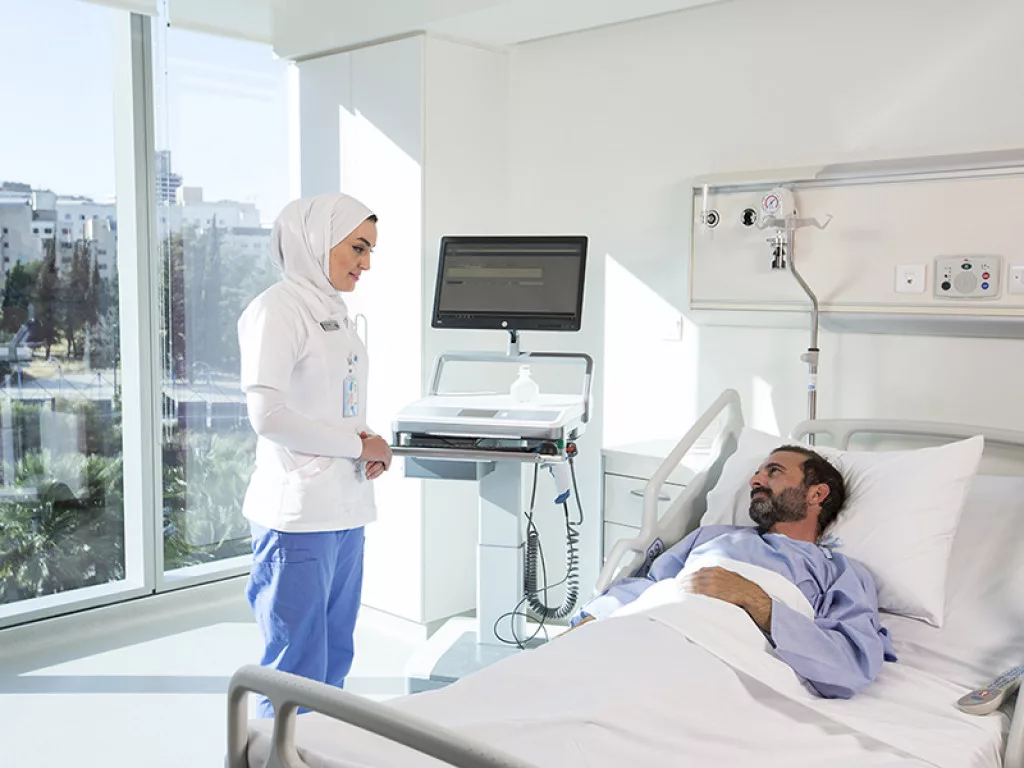
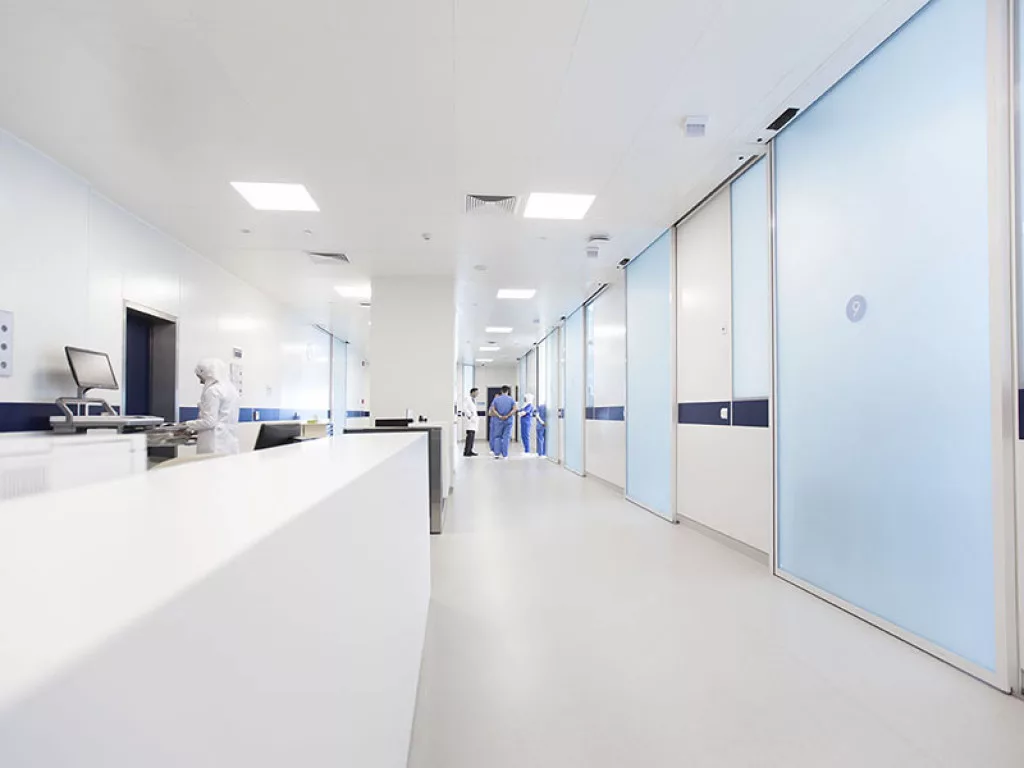
STANDING APART
Currently the hospital employs around 400 people, a figure which is expected to treble once it reaches full capacity following expansion works.
And for both Abu Ghazaleh and Vaquero, human capital is without doubt the organisation’s most vital asset, the nurturing of skills being fundamental to its long-term success.
“We encourage continued professional education for staff of all backgrounds,” Abu Ghazaleh says. “For example, we have a programme of internal training and clinical lectures held by internal and external professionals for doctors, nurses and allied health professionals.”
On top of this, Abdali Hospital provisions its own education centre for basic life skills and advanced life skill training for all staff, and is also preparing to become a teaching hospital in partnership with a leading local university, a move which will provide residential, fellowship and research opportunities to the next generation of budding medical professionals.
Such a focus on employee wellbeing and training contributes directly to one of three key differentiating factors that Vaquero believes stands Abdali Hospital apart – patient experience.
Staff are trained to respond to all patients’ needs, from the moment the patient books an appointment to the time they get diagnosed, treated and after discharge, with standards aligned with those seen in the high-end hospitality sector.
The way human capital and departments are structured forms the second point of difference.
Abu Ghazaleh explains: “We are raising the standards of healthcare in Jordan and the region through our model of care. The hospital is organised in structured departments that follow the best evidence-based protocols, and are made up of highly sub-specialised professionals working together as a team.
“All consultants working at Abdali Hospital are dual boarded and have significant international experience within their fields.”

FUTUREPROOFED THROUGH TECHNOLOGY
The third factor centres around the technology professionals are equipped with in order to deliver the best possible care.
Being such a new entity and building on the experience of CMC, Abdali Hospital was able to invest in the latest medical equipment and IT systems, making it the only hospital in Jordan operating with a fully paperless system. This means that information on all diagnoses and treatments are accessible in one place, resulting in more efficient and safer practices and an enhanced patient experience.
The advanced electronic medical record system is integrated with enterprise resource planning programmes and medical equipment applications.
“Some other examples of our state-of-the-art medical equipment include our 3T Vida MRI, as well as three catheterisation laboratories and one of the most specialised nurse call and integrated communications system available,” Vaquero adds.
“Our operating theatres are fitted with the latest modular walls and integrated communication systems for better workflow, infection control, video-image routing and documentation, and we also have an automated lab to support volumes and become a reference lab in the region.”
Indeed, Abdali Hospital is already building up a reputation for medical excellence, a standing which will only increase as it expands throughout 2020 and beyond.
Abu Ghazaleh outlines plans to grow across three main areas, the first being to open new departments such as sub-specialised paediatrics (scheduled for summer 2020), with the likes of IVF potentially following in the future.
More from Healthcare Outlook
Growing existing departments is also on the Vice Chairman’s priority list. Additional sub-specialties such as electrophysiology, advanced heart failure, kidney transplant and voice clinics are all being explored, while growth through new primary care clinics and international expansion could well feature in the months and years ahead.
“In short, our objectives this year are to continue serving our patients with a high standard of quality, while growing our offering,” Abu Ghazaleh says in his concluding remarks.
“We are opening new services in obstetrics and subspecialised paediatrics, and expanding the cardiac, orthopaedic and rheumatology department including trauma, nephrology, neurology, ENT and plastic surgery services.
“We are also launching homecare and telehealth on the back of the COVID-19 crisis, which are all being very well received. We aim to continue serving our patients at the high standard level of quality and satisfaction we are achieving so far. Almost 100 percent of patients declare that they would recommend us.”

